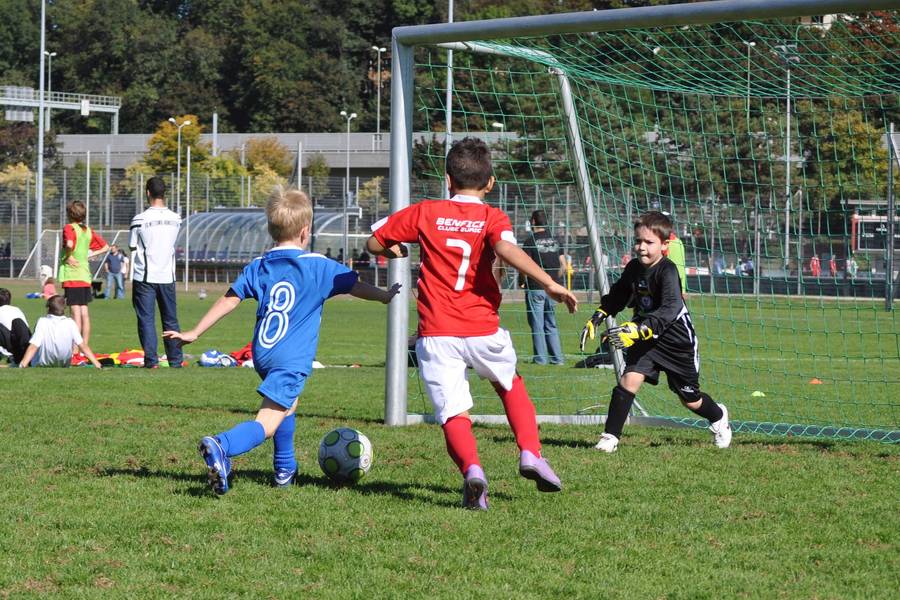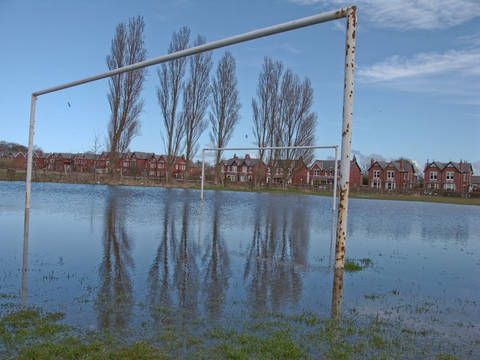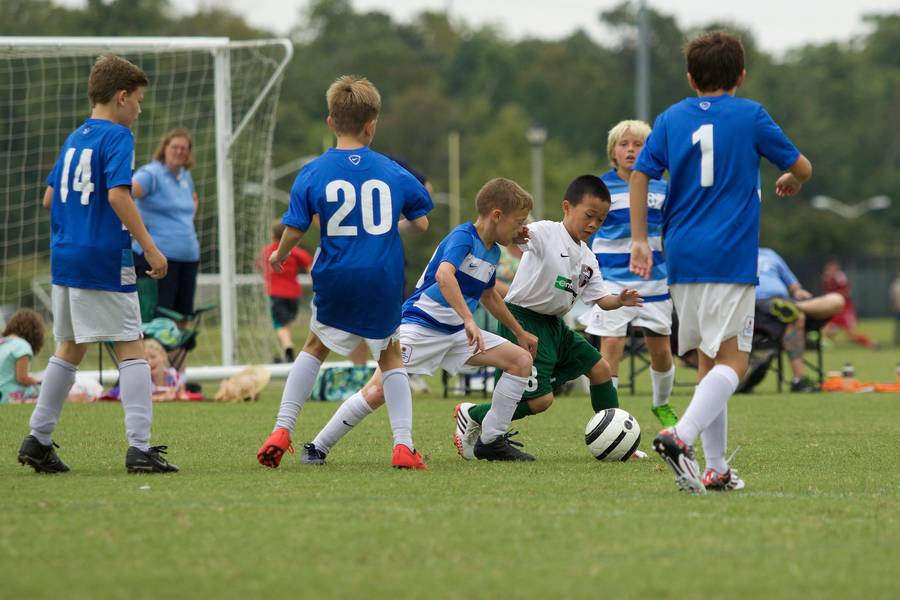
It’s been interesting to see the coverage of the England National Men’s team in the last two major tournaments focus on the humble starting points of the journeys of its players.
In particular, ahead of the delayed Euro 2020 final played at Wembley, some of the focus was on the grassroots junior football clubs each of the players started at, even before they set foot into a professional academy.
When you see names like Reddish Vulcans (Phil Foden), Fletcher Moss Rangers (Marcus Rashford) and Washington Envelopes (Jordan Pickford) it brings it home that grassroots junior football is the original breeding ground for the talent of tomorrow.
Given this, you have to wonder why then is there such a divide between the bloated riches at the top of the professional game and the ongoing financial struggles at grassroots level?
Is it right for Premier League Football clubs in the UK to spend billions of pounds while the grassroots game struggles with poor finances and facilities?
Do Premier League clubs in the UK have any responsibility to grassroots clubs and if so what is it?
Ultimately, is there a way in which this divide can be bridged?
English Premier League (EPL) clubs are some of the richest football clubs in the world, with some of the wealthiest owners, and they spend billions of pounds every year on transfer fees, wages, and other expenses.
However, the situation is palpably different for grassroots junior football, with clubs struggling with poor finances and inadequate facilities.
In light of this, I’ve heard it suggested that the imposition of a windfall tax on EPL clubs' financial activity, with the proceeds being directed to support grassroots junior football might be a good way of strengthening the game and ensuring the healthy breeding ground for tomorrow’s talent remains intact for many young players.

A windfall tax on financial activity would undoubtedly help address the imbalance between the wealth of professional clubs and the struggles of the grassroots game.
According to a report by The Guardian, the top six EPL clubs alone had a combined revenue of £2.5 billion during the 2019/20 season, while grassroots junior clubs struggle to secure funding to maintain facilities and equipment.
Imposing a windfall tax on EPL clubs' financial activity can help bridge this gap by directing the proceeds to grassroots clubs, which can help improve the quality of basic facilities and equipment available to young players.
How many grassroots games are ruined by poor pitches and third rate facilities?
A secondary benefit of a windfall tax would be that it can help to address the issue of inequality in access to organised junior football.
The lack of investment in grassroots clubs can lead to young players from different areas of the country being denied access to the sport.
An influx of funds from a windfall tax can be directed towards supporting more clubs to stay viable and enable them to access appropriate facilities promoting the game to all young people from all backgrounds, providing (literally) a more equal playing field.
EPL clubs have benefited from eye watering sums raised from the sale of TV rights around the world with a tiny fraction trickling down to clubs further down the pyramid in the form of solidarity payments (typically £10,000 per season for step 8 clubs) with less still reaching the grassroots game where so many of the top stars began their journeys.
As such, it could be argued that EPL Clubs have a moral responsibility to give back more to the wider football community, including the grassroots game.
A windfall tax would ensure this responsibility is fulfilled.
However, there are also arguments against imposing a windfall tax on EPL clubs' financial activity.
As with all windfall taxes there is the argument that it could potentially stifle investment into other key areas.
All clubs run strong community schemes that work with local schools and charities and there is a danger that a windfall tax would impact these aspects of their activity rather than the excesses of the playing budgets.
EPL clubs are already subject to significant financial regulations, including financial fair play rules, and imposing a windfall tax could potentially see the discouragement of further investment in the sport.
There reason why the EPL has become the financial behemoth it has is through its ability to attract much of the world’s best talent with substantial transfer fees and contracts.
With competition from other leading clubs in world football, does the sustainability of the EPL brand rely on offering the best terms in world football.
Would a windfall tax impose on this and ultimately lead to a decline in the quality of football played in the EPL and potentially harm the long term future of the sport.
Another argument is that EPL clubs already contribute to the pathway for junior players through other means.
All clubs have their own academies, which provide opportunities for young players to develop their skills and eventually make it to the professional level.
This is in addition to providing funding for community outreach programmes, which promote the sport among young people and help improve access to football in disadvantaged areas.
It’s also important to note that a windfall tax on EPL clubs does not have to be an either/or proposition.
The tax could be designed in such a way that it complements existing initiatives and does not stifle investment in the sport.
For example, there could be exemptions around the integration of grassroots football with academies, supporting grassroots coaching and the use of academy facilities by the grassroots game.
This would ensure that the tax is targeted and would have a direct impact on improving the quality of football at grassroots level in a number of ways.
EPL clubs have a social responsibility to invest in the junior grassroots game, given their position of influence in the wider football community and by doing so, they can help ensure that young players are given the best possible start in the sport just as many of their current stars were.

















